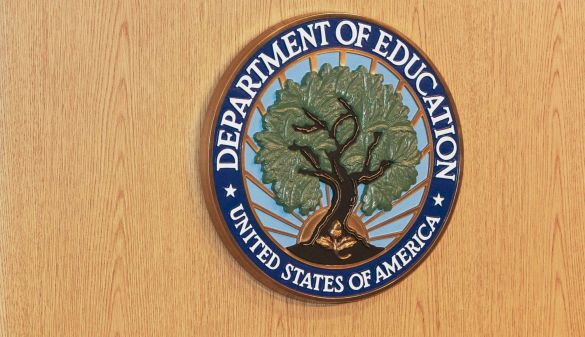Education Department’s FERPA guide intended to end confusion over student data privacy law

The Family Educational Rights and Privacy Act generally prevents schools from sharing student data without parental consent, but according to a set of frequently asked questions released Tuesday by the Department of Education, exceptions to this otherwise consistent law can be made.
In the event of epidemic disease outbreak or a campus shooting, for instance, a school could legally share students’ education records with designated personnel and law enforcement officers.
This is one insight offered by a 37-question FAQ document that aims to clarify the responsibilities of schools and districts under FERPA, the federal 1974 law that governs how much student and educational data can be disclosed and to whom. The new resource explains general FERPA requirements, the type of information protected by the student privacy law and exceptions to FERPA’s written consent mandate.
School officials work to appropriately balance student data privacy with school security, according to a December 2018 Federal Commission on School Safety report. However, administrators, educators, parents and law enforcement officers are often unclear about the law’s requirements and exceptions, the report says.
“[A] substantial misunderstanding remains at the local level among officials and educators concerning FERPA, and in particular its application to school-based threats,” the report says.
The report also claims that FERPA has become out of touch with modern classrooms and the digital age. To address concern and confusion, the Department of Education consolidated its guidance on student privacy provisions into this single document to be used by schools and districts as a single, succinct resource.
“One key takeaway from the commission’s work was that the federal government needs to do a much better job of providing useable information that’s simple, streamlined and clear,” Secretary of Education Betsy DeVos said in a release.
Contrary to common misconceptions, the FCSS report reads, schools have a great deal of flexibility under FERPA to disclose students’ data and education records in certain settings. In the context of school safety, FERPA makes an exception to its restrictions on data sharing should knowledge of such information be necessary to protect the health or safety of students or other persons in connection with an emergency.
In a statement to the FCSS in July 2018, Sonja Trainor, managing director for Legal Advocacy at the National School Boards Association, said the confusion surrounding FERPA creates barriers to information sharing and collaboration and hampers the ability to prevent potential acts of violence.
By answering common FERPA questions, DeVos said the department hopes to improve understanding of student data privacy.
“FERPA is an area where widespread confusion remains, and this clarification will give local school leaders and law enforcement the tools they need to protect student privacy while ensuring the health and safety of students and others in the school community,” DeVos said.




